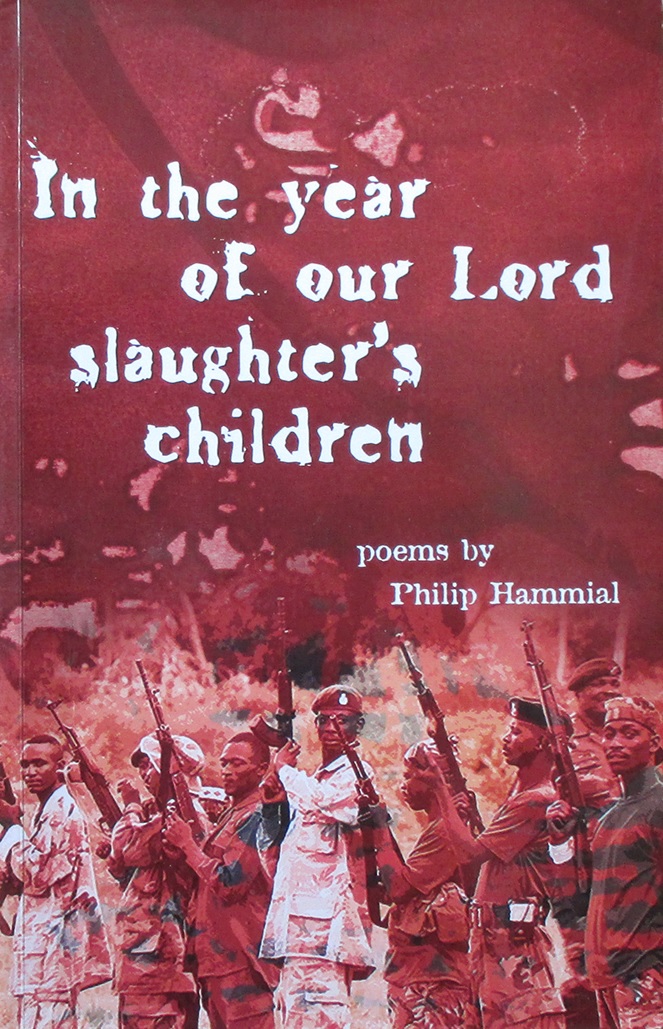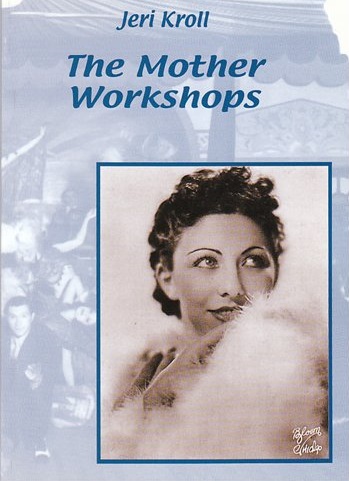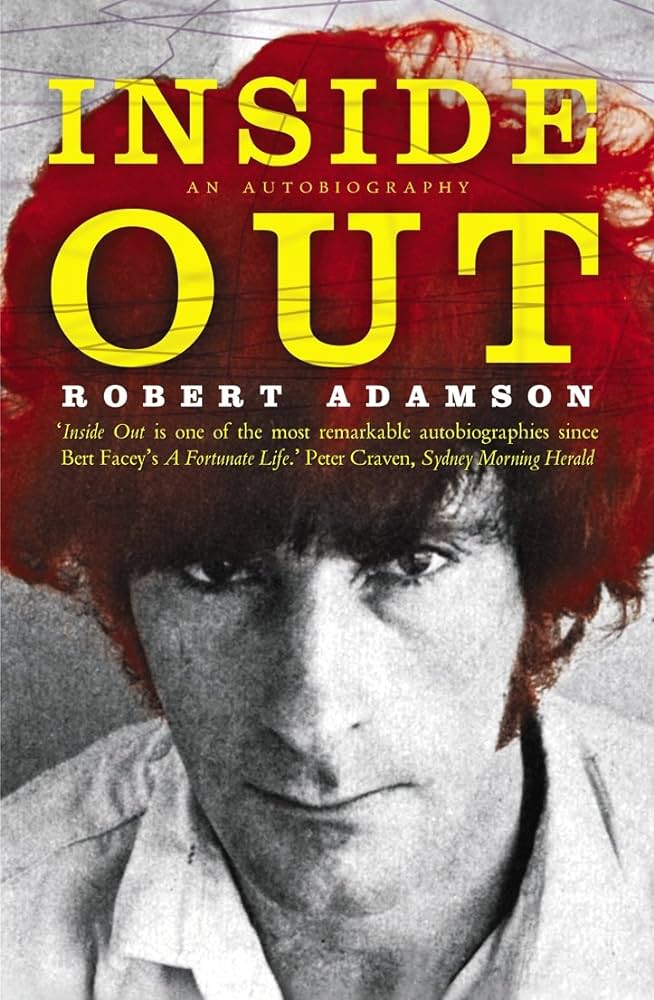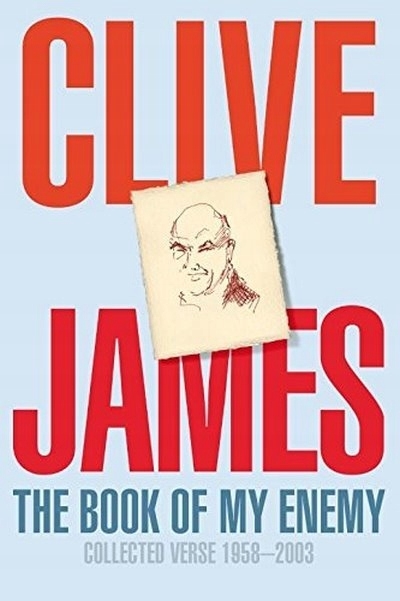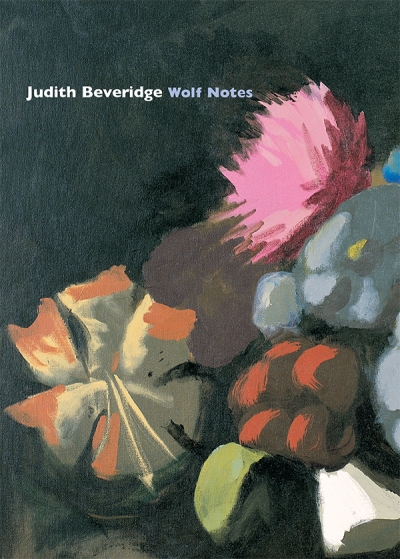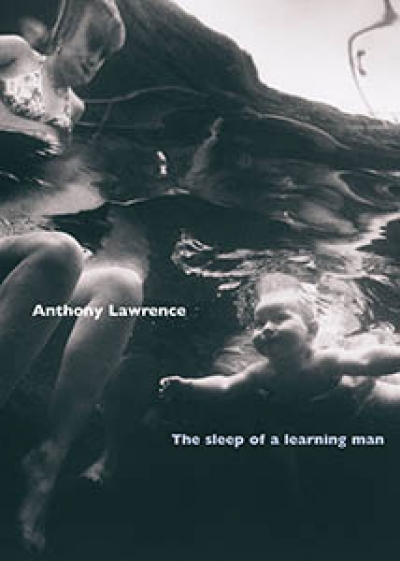Poetry
Bruce Beaver died peacefully in his sleep on February 17, a few days after his seventy-sixth birthday. He had been under dialysis for a dozen years, so the news was not unexpected. But it is always a shock and a sadness when a commanding poet dies.
Bruce Beaver (born in 1928) published his first collection of poems, Under the Bridge, in 1961, a time when Australian poetry was paddling through something of a lull. The generation of poets who had come to maturity during World War II (Judith Wright, Rosemary Dobson, Douglas Stewart, John Blight, David Campbell et al.) had by the end of the 1950s become, in a sense, predictable. The newer generation was spearheaded by Chris Wallace-Crabbe’s remarkable and zesty first collection, The Music of Division (1959): urbane, a bit Audenesque and very Melbourne. Beaver immediately announced himself as a regional poet – Manly, indeed – and he sustained that capacity to give Manly a soiled, solid, sordid and singing quality, with the whiff of ozone and salt, and an old resilience that would not be smothered by the superficial changes of the subsequent decades.
... (read more)Greenly, intensely, oddly
It is the day you wake up walking in
A scape you wandered bluntly through
Several hundred dreams ago
or so:
In the Year of Our Lord Slaughter’s Children by Philip Hammial & Home Town Burial by Martin R. Johnson
Here are three volumes that offer differing responses to a world characterised by injustice, brutality and personal hardship. Far and away the most distinctive (and demanding) of these is Philip Hammial’s sixteenth collection, In the Year of Our Lord Slaughter’s Children.
... (read more)The Mother Workshops and Other Poems by Jeri Kroll & Shadows at the Gate by Robyn Rowland
Robyn Rowland and Jeri Kroll write what you might call anecdotal poetry: simple, intimate and direct. Kroll, for instance, writes about her dogs, doing her taxes and sleeping in, with the sketchy, conversational tone of someone thinking out loud: ‘Does age smell? The older the dog grows, / the more he smells like a labrador, / though he’s a border collie and blue heeler.’
... (read more)On the Hiryu, Hajime Toyoshima
Starred in the group photos like Andy Hardy,
He was so small and cute.
... (read more)Aptly, John Ashberry has described Robert Adamson as ‘one of Australia’s national treasures’. Since the late 1960s Adamson has been a vital presence in the renaissance of Australian poetry, both in his own work and as an editor and publisher. The immense command of his writing, its trajectory from the early postmodernist explorations of the poet’s voice and the possibilities of Orphic vision to the clear lyricism of his Hawkesbury poems, has made Adamson one of the reasons why Australian poetry, as Clive James often points out, is as good as any being written in English at the present time. And there is an extraordinary story behind the writing, which comes through in the poetry, and which Adamson now relates in Inside Out: An Autobiography.
... (read more)On the Hiryu, Hajime Toyoshima
Starred in the group photos like Andy Hardy,
He was so small and cute.
His face, as friendly as his first name
... (read more)The Book of My Enemy: Collected verse 1958–2003 by Clive James
Someone once described Clive James as ‘a great bunch of guys’, a joke worthy of James himself, although he is probably tired of hearing it. Some of those guys – the television comedian and commentator, the best-selling memoirist – are better known than others, and there’s little doubt that their fame has obscured the achievement of two of the quieter guys in the bunch.
... (read more)Admirer’s of Judith Beveridge’s distinctive talent have had a long wait between collections (it’s eight years since Accidental Grace), although she has been published consistently in anthologies and journals, and poems from the central sequence of this collection, ‘Between the Palace and the Bodhi Tree’, won the 2003 Josephine Ulrick National Poetry Prize. Patience is rewarded: this is a collection of impressive poetic maturity.
... (read more)The Sleep of a Learning Man is the sixth verse collection from the gifted and exacting Anthony Lawrence. He has also written a novel. The epigraph to this book gives some hint as to where the poet stands, and where he intends to go. It is from Antonio Porcia: ‘I am chained to the earth to pay for the freedom of my eyes.’ But looking is only one means to find his way, a dilemma that a number of the forty-two poems gathered here confronts.
... (read more)

